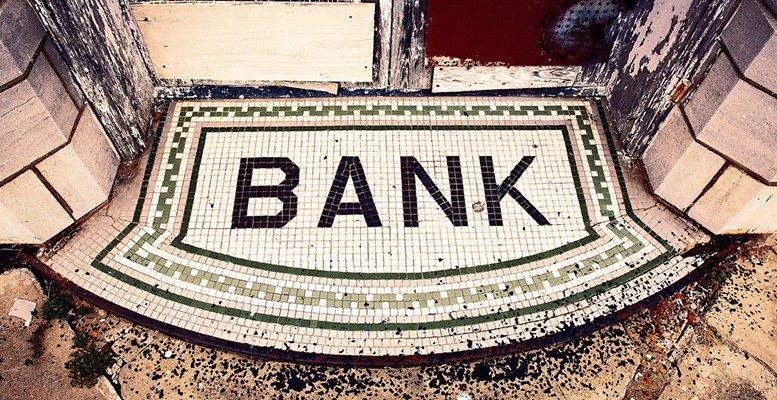Aurelio Medel (5 Días)|Foreign business covers a fall of more than 30% in profit and credit in Spain since 2007, a historic year for the sector. Since then, 27,850 branches have closed and 115,000 jobs have fallen.
The fanfare that occurred last week with the publication of banking results is the product of two contradictory exigencies. On the one hand, the Government wants to show that these are exaggerated profits and thus justify its extraordinary tax. On the other hand, the entities contributing to this mental framework, since they prefer to emphasise that the results are record-breaking, even if it is due solely and exclusively to their activity abroad, to see if this encourages their actions. This leads them to avoid giving a real perspective of the business in Spain, which is precisely what bears the new tax.
The peak of banking in Spain was 2007, on the eve of the real estate collapse, and it has not returned to what it was. Since then, Spain’s GDP has grown by 36%, to €1.46 trillion; the opposite movement of the credit activity of the resident sector, which has fallen the same 36%, from €1.77 billion to €1.13 billion and deposits have barely grown 7% in a decade and a half, to €1.4 billion. This lower activity in Spain is reflected in the income statement. Thus, the six large banks listed on the Stock Exchange (Santander, BBVA, CaixaBank, Sabadell, Unicaja and Bankinter) have seen their profit in Spain fall by 32%, from €17.2 billion in 2007 to €11.7 billion in 2023. This decrease It would have been higher if the banks had not made a brutal adjustment to their infrastructure, which has been possible thanks to digitalization. They employed 277,323 people and had a network of 45,596 offices in 2007. In Sixteen years they have destroyed 115,000 jobs (-41%) and have closed 27,850 offices (-61%).
This drop in profit of 32% in 2023 is representative of the entire sector in Spain and will not fluctuate much when the data of entities that are not listed are known, such as Ibercaja and BBK, or of all credit cooperatives, since their weight is small. The networks of CaixaBank, Santander, BBVA, Sabadell and Unicaja that are known today are dragging the disappearance due to absorption of 37 brands. The underlying question is how it is possible that the idea that the banks are getting rich in Spain has sedimented in the public imagination, which justifies a meaningless tax, when the data shows that even in a favorable rate scenario they are still far away from their best moment. Spain is a country where if you earn 30% more by selling trousers you are a whiz, but if the profit comes from assuming risk by giving credits you are a suspicious miser. If your brother needs clothes, the family is there, whatever it takes. But if you need ten thousand euros, you better go to the bank, lest you not return it.
———





